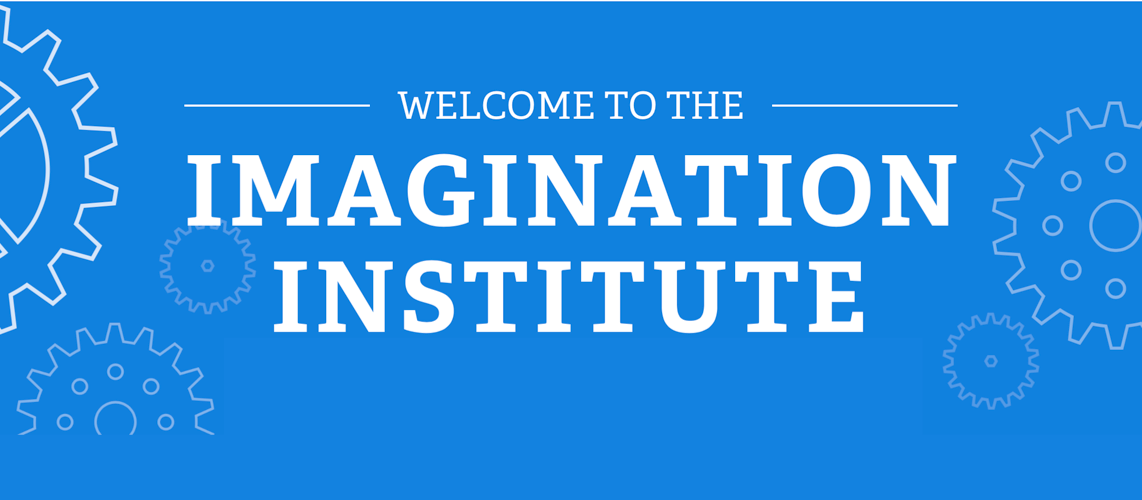The Imagination Institute is excited to announce the recipients of the Imagination Quotient grants!
New paper from the Imagination Institute published in Nature Scientific Reports
Default and Executive Network Coupling Supports Creative Idea Production
Roger E. Beaty, Mathias Benedek, Scott Barry Kaufman, and Paul J. Silvia
The role of attention in creative cognition remains controversial. Neuroimaging studies have reported activation of brain regions linked to both cognitive control and spontaneous imaginative processes, raising questions about how these regions interact to support creative thought. Using functional magnetic resonance imaging (fMRI), we explored this question by examining dynamic interactions between brain regions during a divergent thinking task. Multivariate pattern analysis revealed a distributed network associated with divergent thinking, including several core hubs of the default (posterior cingulate) and executive (dorsolateral prefrontal cortex) networks. The resting-state network affiliation of these regions was confirmed using data from an independent sample of participants. Graph theory analysis assessed global efficiency of the divergent thinking network, and network efficiency was found to increase as a function of individual differences in divergent thinking ability. Moreover, temporal connectivity analysis revealed increased coupling between default and salience network regions (bilateral insula) at the beginning of the task, followed by increased coupling between default and executive network regions at later stages. Such dynamic coupling suggests that divergent thinking involves cooperation between brain networks linked to cognitive control and spontaneous thought, which may reflect focused internal attention and the top-down control of spontaneous cognition during creative idea production.
Openness and Intellect Differentially Predict Creative Achievement in the Arts and Sciences
Scott Barry Kaufman, Lena C. Quilty, Rachael G. Grazioplene, Jacob B. Hirsh, Jeremy R. Gray, Jordan B. Peterson, and Colin G. DeYoung
The Big Five personality dimension Openness/Intellect is the trait most closely associated with creativity and creative achievement. Little is known, however, regarding the discriminant validity of its two aspects—Openness to Experience (reflecting cognitive engagement with perception, fantasy, aesthetics, and emotions) and Intellect (reflecting cognitive engagement with abstract and semantic information, primarily through reasoning)—in relation to creativity. In four demographically diverse samples totaling 1,035 participants, we investigated the independent predictive validity of Openness and Intellect by assessing the relations among cognitive ability, divergent thinking, personality, and creative achievement across the arts and sciences. We confirmed the hypothesis that whereas Openness predicts creative achievement in the arts, Intellect predicts creative achievement in the sciences. Inclusion of performance measures of general cognitive ability and divergent thinking indicated that the relation of Intellect to scientific creativity may be due at least in part to these abilities. Lastly, we found that Extraversion additionally predicted creative achievement in the arts, independently of Openness. Results are discussed in the context of dual-process theory.
